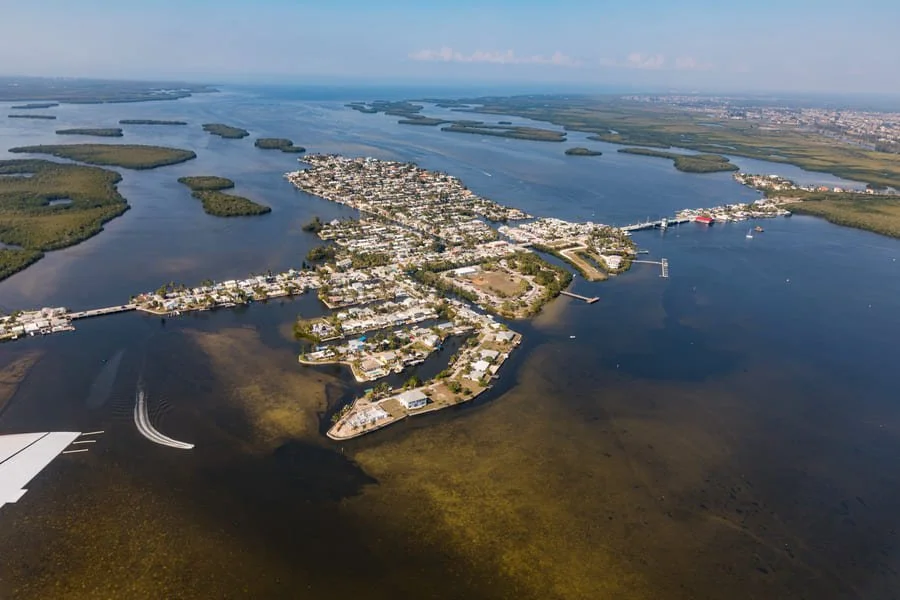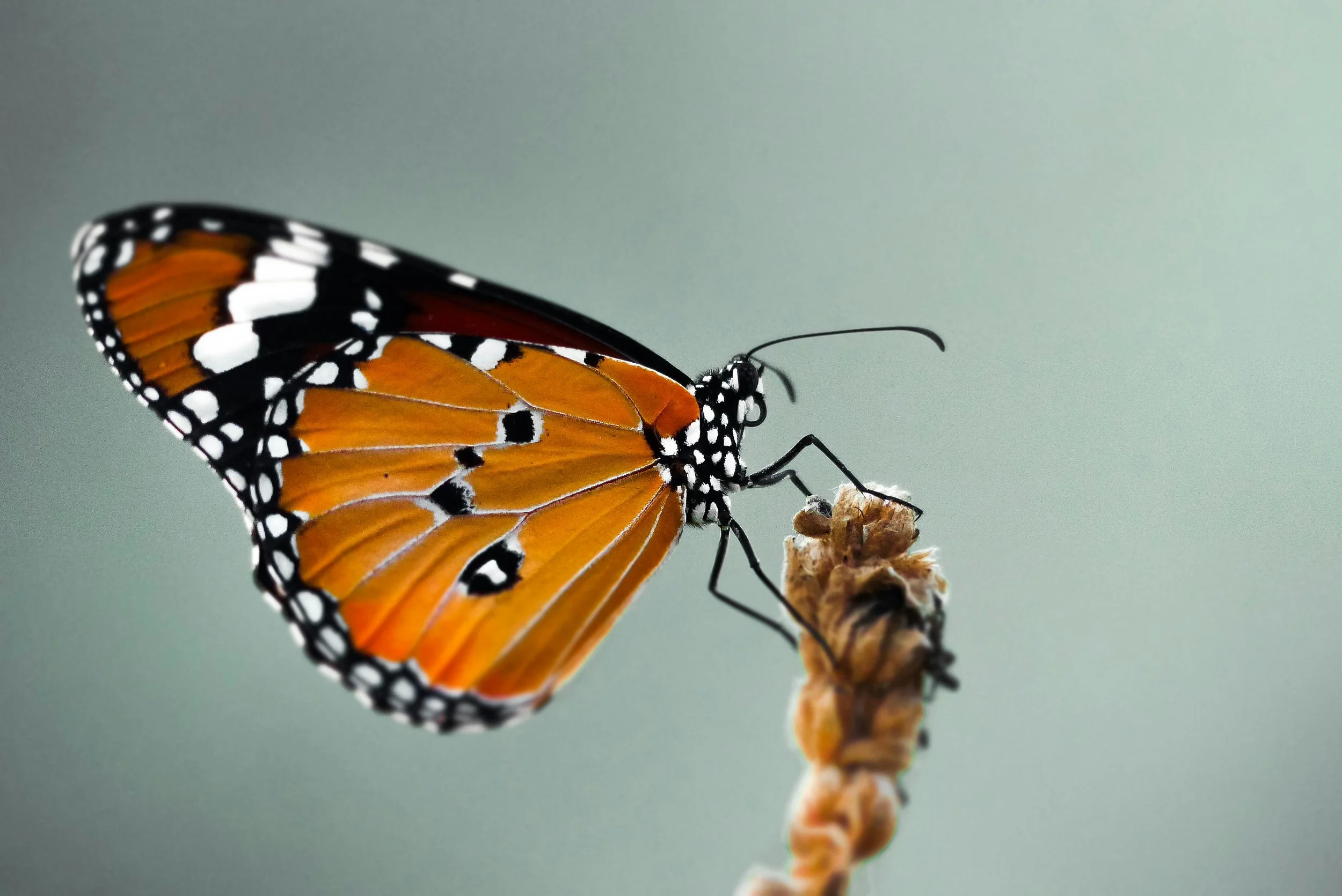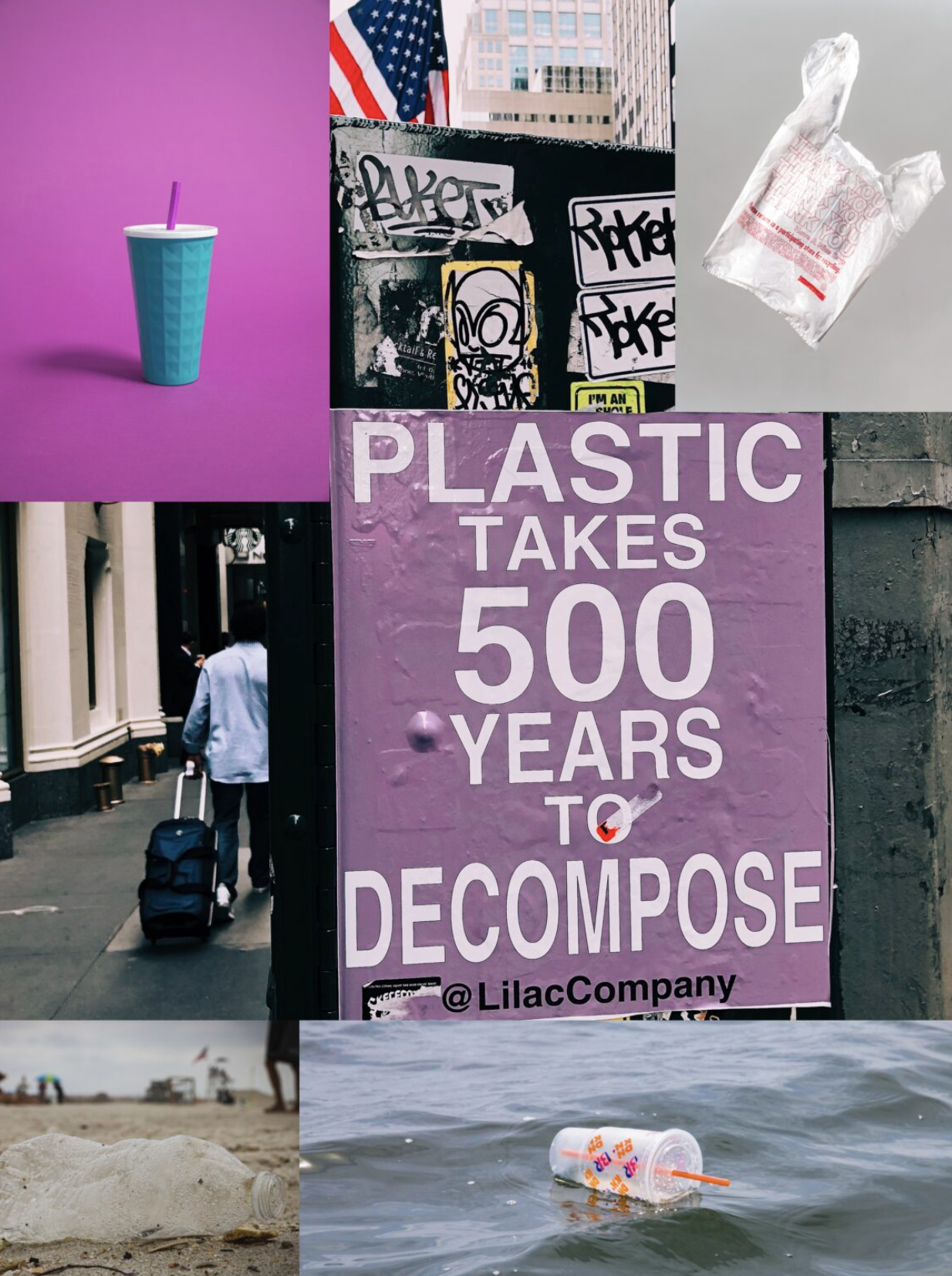THE BLOG
THE BLOG
Check out all of my blog posts below. Feel free to use the search to look up specific topics you are interested in.
Sharks Are Disappearing—and It’s Worse Than You Think
When you think about shark conservation, what comes to mind? A man-eater? A villain from a Hollywood thriller? What if I told you the sharp decline in shark populations isn’t just a wildlife concern—it’s a red flag for the health of our oceans?
Wildfires, Forest Loss, and the Climate Crisis: A Global Wake-Up Call
As of June 11, 2025, one thing is clear: wildfires are no longer just seasonal events. They are now the leading cause of forest destruction across North America and the world.
Climate Change Is Simple—And Urgent: A Primer on Earth’s Warming
Many people think climate change is too complex to understand. But in reality, the basic science behind it is straightforward. In this Climate Basics piece, we’ll break down how Earth’s natural greenhouse system works, what humans have done to disrupt it, and why that matters more than ever.
Hurricanes, Heat, and the Oceans: Why Helene and Milton Were Just the Beginning
On October 23, 2024, I reported from Florida in the wake of two devastating hurricanes—Helene and Milton—that unleashed record-setting destruction across the Gulf Coast and southeastern United States.
Environmental Racism, Redlining, and the Legacy of Overtown: A Black History Month Reflection
In honor of Black History Month, it’s vital we confront an often-overlooked dimension of racial injustice—environmental racism. This term describes how environmental hazards, from toxic pollution to extreme heat, disproportionately affect communities of color.
Trump’s Cabinet and the Climate: What’s at Stake for the Environment in 2025
On March 2, 2025, we find ourselves at a critical inflection point for climate policy in the United States. With Donald Trump’s return to the presidency, his cabinet appointments are poised to radically reshape how the federal government addresses—or avoids addressing—climate change, renewable energy, conservation, and environmental protection.
Pine Island: Florida’s Forgotten Eden and the Fight to Preserve It
Just off the Gulf Coast of Florida, nestled near Fort Myers, lies Pine Island—a stretch of land largely untouched by time and development. At 17 miles long and just three miles wide, Pine Island is a living museum of Florida’s ecological past.
Monarch Butterflies: Nature’s Miracle in Peril
Of all the natural wonders on Earth, few are as miraculous—or as vulnerable—as the monarch butterfly. With their iconic black-and-orange wings and astonishing 3,000-mile migration patterns, monarchs are not only breathtaking to witness but also essential pollinators and indicators of ecosystem health.
Is the Momentum in the US of a Transition to a Green Economy Too Strong for Trump to Stop?
As the U.S. approaches a political crossroads, president elect Donald Trump’s ambitions to dismantle environmental protections and climate policies have sparked widespread concern. But the question remains: Can Trump truly halt America’s transition to a renewable energy economy, or is the green momentum too strong to stop?
Seagrass Meadows in the Bahamas Mapped by Tiger Sharks
Tiger Sharks that Roam the Bahamas’ Seagrass Meadows on the Sea Floor are Fitted with Video Cameras that Help Marine Scientists Evaluate the Extent and Health of the Meadows. The Bahama Islands Have Some of the World’s Largest Seagrass Meadows an Important Biome for Rich and Abundant Marine Life and also for Undersea Storage of Vast Amounts of Carbon Dioxide.
New York Attorney Sues JBS the Biggest Meat Packer in the World Over its False Claim that it has Programs to Reduce Deforestation of the Amazon Caused by Cattle Ranches that Supply its Meat
Leticia James, New York’s Attorney General filed suit in March of 2024 against JBS USA, the subsidiary of the JBS, the world’s largest producer of beef products alleging that the company misled the public about its environmental impacts including deforestation of the Amazon rainforest by its meat suppliers who are expanding pasture of cattle ranches at the expense of forests.
Preserving Wetlands is Crucial to Protect Endangered Species and to Fight Climate Change
Wetlands are among the most important habitats in the world comparable to rainforests and coral reefs. Forty percent of the worlds species either live or breed in wetlands. The rich vegetation in wetlands provides food, shelter, spawning and a nursery area for fish and shellfish, amphibians, reptiles, and mammals.
Mediterranean Sea’s Endangered Natural Environment With A Special Look At Greece
“Traveling these seas, the fleets and merchant ships of the ancient Greeks disseminated civilization and increased human understanding; they fought the barbarians, hindered the incursion of Asia into the West, and spread Hellenism as far as the shores of Asia Minor and Egypt, of Italy and France, and through all the Mediterranean. It might be said that from the start, the sea was the spirit of Greece and the islands the embodiment of that spirit.”
The Amazon Rainforest is Being Destroyed at an Alarming Rate. Can Brazil’s Newly Elected President, Lula, Fulfill His Promise to Protect and Preserve the Amazon?
The Amazon rainforest has been called the lungs of the planet. But in fact, it is the planet’s heart as it modulates the entire global climate system. It provides the rainfall and feeds the river systems across the South American continent that supply the fresh water for its farms and cities.
Nemonte Nenquimo an Indigenous Woman in Ecuador Has Fought Successfully to Protect the Amazon Rainforest
Nemonte Nenquimo, an indigenous woman in her thirties, a leader of the Waorani tribe in the Ecuadorian Amazon, has led the fight to protect their tribal lands from sale by the Ecuadorian government to large petroleum companies.
Deforestation In Mexico And Its Effect On Wild Animal Species
Healthy forests in the world play a critical role in maintaining a healthy climate and preventing the dangers of climate change and global warming.
Wildlife Populations In World Are In Steep Decline Mainly From Loss Of Natural Habitat
The Living Planet Index (LPI) tracks almost 21,000 populations of vertebrates around the globe: mammals, birds, fish, reptiles and amphibians. From 1970 to 2016 there has been a decline of sixty-eight percent of the abundance of living vertebrate species on Earth.
Maryland Becomes the First State to Ban Single Use Plastic Containers
Maryland became the first state to ban single use plastic containers. Plastics, including polystyrene that many food containers are made of, are polluting the air, land and water with dangerous microscopic particles that persist in the environment without breaking down.
Joe Biden Proposes the Climate Equity Act to Mitigate Climate Change and Provide Massive Assistance to Frontline and Fenceline Communities
Joe Biden, Democratic nominee, rolled out his climate action plan in July and environmental groups who have been sounding the alarm over the Climate Crisis were surprised at the planet’s bold, progressive stance.
Virginia is Latest State To Require 100 % Carbon- Free Energy
Virginia joined five other states, California, Hawaii, New Mexico, New York and Washington that have recently passed laws requiring a transition to 100 % carbon-free energy production by 2050.



















